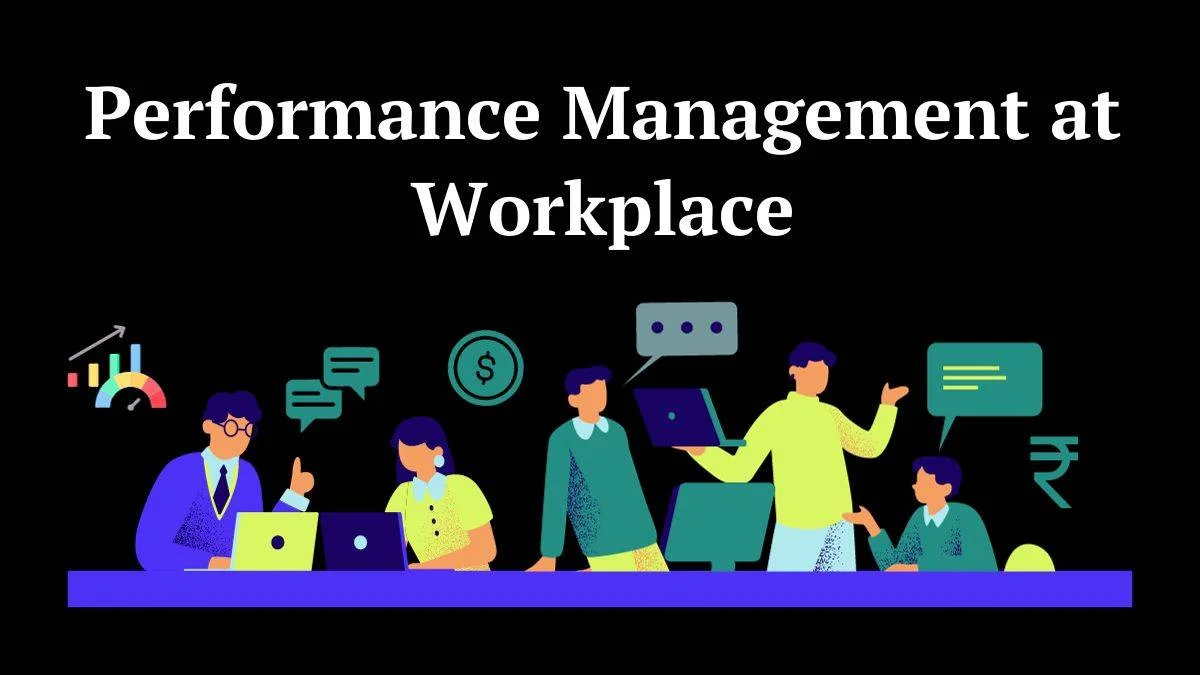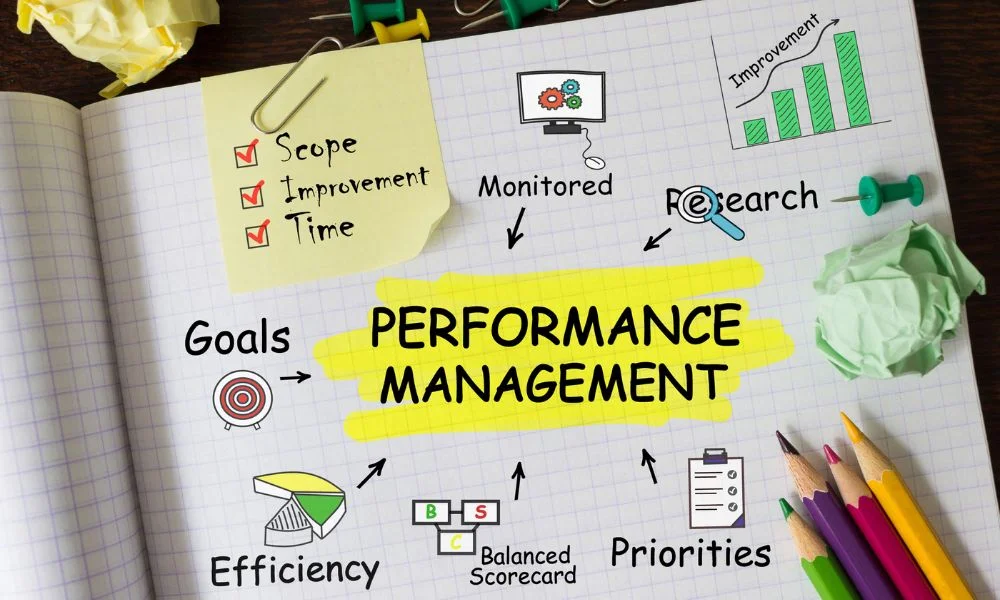Performance Management Guide: How to Boost Productivity & Drive Business Success

In today's competitive business landscape, organizations are constantly seeking ways to improve efficiency, productivity and ultimately, profitability. One of the most effective strategies for achieving these goals is through robust performance management practices. Performance management encompasses a range of activities aimed at optimizing individual, team and organizational performance to drive success. In this blog, we'll delve into the importance of performance management, its key components and best practices for implementation.


 Goal
Setting: Clear and measurable goals are the foundation of effective performance
management. Goals should be specific, achievable, relevant and time-bound (SMART),
providing employees with a clear direction and sense of purpose.
Goal
Setting: Clear and measurable goals are the foundation of effective performance
management. Goals should be specific, achievable, relevant and time-bound (SMART),
providing employees with a clear direction and sense of purpose.

